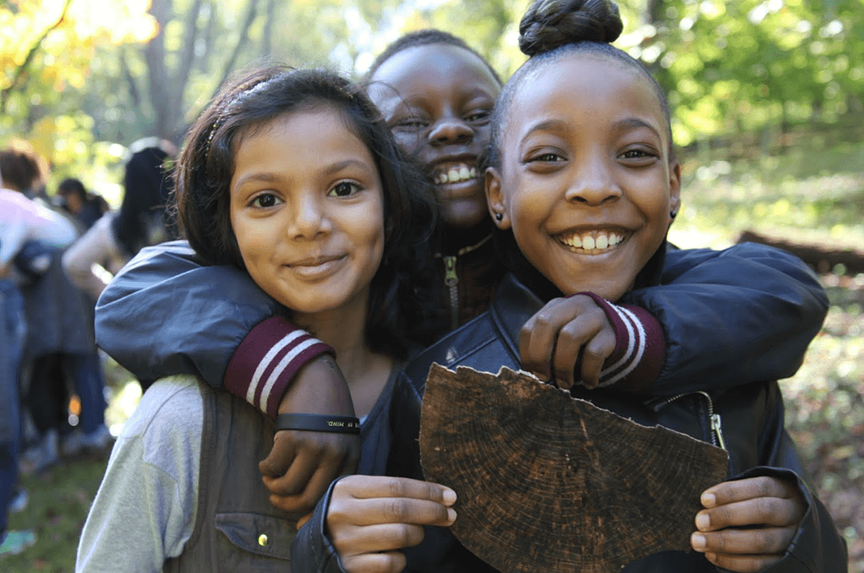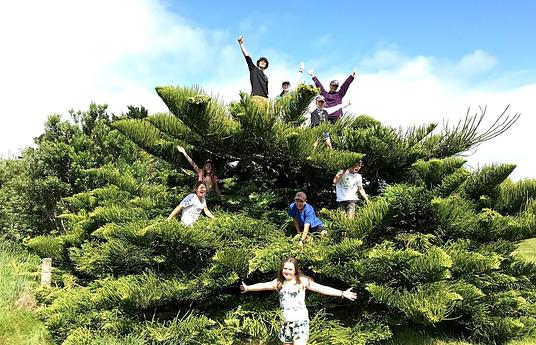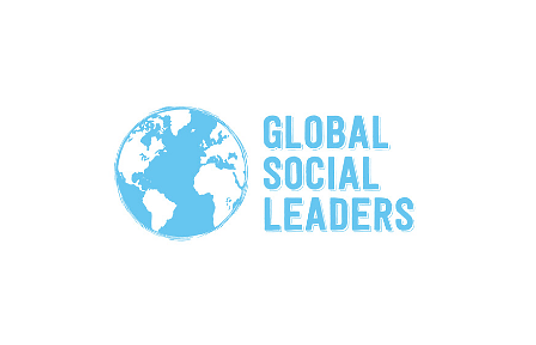Southeastern Pennsylvania
In southeastern Pennsylvania and around the world, there is a renewed sense of urgency regarding environmental issues that goes beyond wildlife and nature. We are facing threats to public health, public education, the economy, and the environment, compounded by complex social and racial justice issues. Teachers are at the forefront of preparing students to deal with these issues, but many education preparation programs have not kept pace with advances in climate science and the scientific consensus around it. Partnerships like those fostered through STEM ecosystems bring real-world experts and innovative pedagogical practices to schools, preparing students to face complex environmental challenges.
Riverbend
Founded in 1974, Riverbend Environmental Education Center has been providing environmental education for almost 50 years. Housed on a 30-acre nature preserve along the Schuylkill River near Philadelphia, Riverbend reaches tens of thousands of learners and educators in schools throughout the region. Its nature-based STEM programs are designed to build environmental literacy by helping learners in southeastern Pennsylvania access and appreciate the natural world and their place in it, ensuring healthy communities and protecting the systems that sustain the region.
Riverbend's Commitment
Riverbend believes that all children deserve excellent environmental education. Connecting children to nature is a vital part of their well-being, and environmental literacy is essential for stewarding the ecosystems that allow healthy communities to thrive. Through collaboration and partnerships with other organizations, Riverbend has expanded its programming well beyond its home on the Schuylkill River, reaching children who have been under-served and whose communities are most affected by the region’s environmental challenges.
Riverbend partners with the Philadelphia STEM Ecosystem and the PA SEED Ecosystem to support and share relevant innovations with intermediaries, such as intermediate units and STEM administrators.
Examples and highlights:
Riverbend’s Philadelphia Children Access Nature program engages teachers and students in an interactive aquaponics curriculum that integrates aquaculture (raising fish in a controlled environment) and hydroponics (growing plants without soil). By building and maintaining these systems in their classrooms, students gain an understanding of ecosystems, environmental challenges, and STEM topics. They also gain firsthand experience with sustainable agriculture — a field that’s increasingly critical as the world’s population climbs and extreme weather events become more common.
The Philadelphia Children Access Nature program provides classroom equipment needed to build and maintain an ecosystem; comprehensive professional development for teachers; ongoing technical support; field trips to Riverbend’s state-of-the-art greenhouse; and more. Throughout the program, students practice science skills by developing investigable questions, collecting and analyzing data, and communicating science content. They develop 21st-century skills such as collaboration and problem solving, and they think critically about how community and societal goals can be met using sustainable agricultural practices and equitable food systems.



